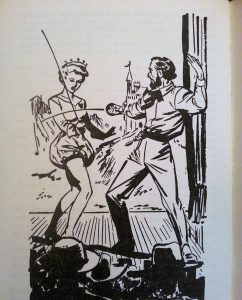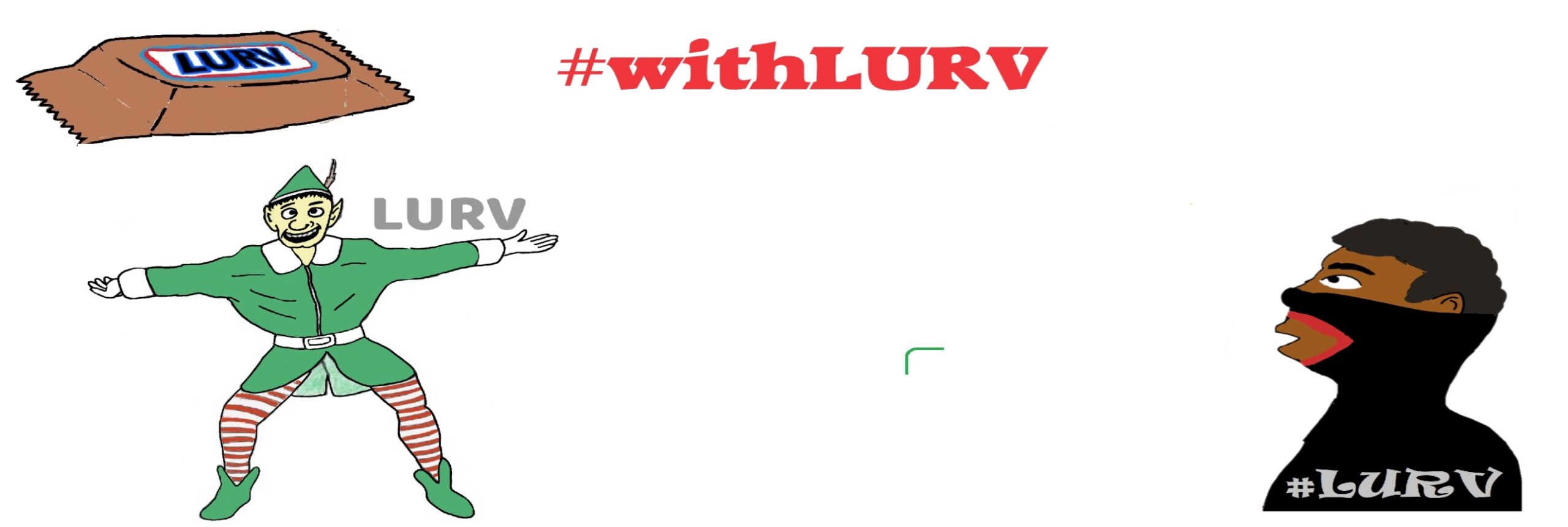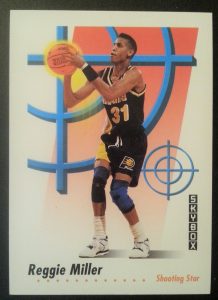There was a popular joke in the late 1980’s and early 1990’s, at least among those of us who watched a lot of basketball: “Cheryl Miller could probably beat her younger brother Reggie in a game of hoops.” The actual reason that it was funny was because it was laughable.

The Swin Cash website tries to stir excitement over seven females who are recorded as scoring over 100 points in one game. This is a list that includes Cheryl Miller. However, five of the females were American high schoolers. Have you ever seen the shallow talent in a high school girls’ basketball game? Enough said. The other two were Anat Draigor (Israel) and Hortencia Marcari (Brazil). Naturally, in the site’s article and in comments, people started trying to throw them and their accomplishments up to what men do.
[democracy id=”4″]
Women competing with men on the athletic field is almost always about the cash and the curiosity. But largely it is folly. This is because the male cannot win, even if he wins. If he loses, then he’s seen as a failure. We saw this in the series of “Battle of the Sexes” tennis matches that go all the way back to Billie Jean King vs. Bobby Riggs in the 1970’s. That kind of circus act is not about genuine competition, but advancing an agenda of feminism and presenting a spectacle to you and me.
“Sports Shorts: Astonishing Strange but true,” by Mac Davis (1968). The writer of this book described “a duel between a man and a woman… one of the most bizarre sports contests ever staged between a man and a woman.” Now, this was in 1889.
A musical called The King’s Fool had been imported clear from Vienna to entertain the miners at the opening of the new opera house. It was an extravaganza, featuring a troupe of one hundred singers, chorines [chorus girls] and the best female fencers in the world.
The star of that show was a beautiful woman named Erika Jagerman, who claimed to be the world’s greatest fencing champion–male or female. In fact, Erika had it announced that she was prepared to duel any man in the world and beat him for any wager.
That was too much for the pride of an Austrian architect named Theodore Rosenberg, then living in Aspen. He carried three sword scars on his face, souvenirs of twenty-two duels in his youth.
[A wager of $1,500 was raised between Jagerman and Rosenberg.] A fortune was wagered on the match, with the odds on the beautiful star. The first round lasted twenty minutes. Erika was badly cut on the arm but stubbornly refused to quit.
That bloody duel then ran on for twenty-one rounds lasting more than two hours, until proud and courageous Erika Jagerman collapsed from loss of blood.
However, the gallant victor refused to accept the prize money, declaring that she was the greatest female fencer in the world.
When the beautiful Erika was revived, she gave her victor a kiss and told the audience, “I was fishing for a minnow but I caught a whale!”
Related: Women in the NBA
“Tales from the Mets Dugout,” by Bruce Markusen (2005). In a chapter titled “Gender-Bending,” Markusen describes the New York Mets bringing in women to play on the team:
As the strike by the Major League Baseball Players’ Association lingered into the spring of 1995, the Mets made efforts to field a team of replacement players. Not satisfied with the usual pool of candidates (former major leaguers, career minor leaguers, or rank amateurs), the Mets offered tryouts to two women. Infielder Shannan Mitchem and pitcher Ann Williams, stars with the all-female Colorado Silver bullets professional franchise, reported to the Mets’ spring training base in Port St. Lucie, Florida.
The tryouts of Mitchem and Williams didn’t last long. Both players were given their releases–after one day.
Related: Sideline reporting is women’s work
Cheryl Miller was not the best hoops star in her family. If you say this with any seriousness, then you’re basically saying that Cheryl should have been in the NBA. She should have been drafted and excelled more than Reggie did. She wasn’t. And no other female should be, nor will she be, unless the cash and the agenda come into play. Which they probably will!
Saying otherwise is absurd worship of self… thinking we can do ANYTHING just because we say we can. The “1 + 1 = 3” positive thinking types go too far sometimes, and this is a prime example.
So, that is what the larger question is: Could a female be a contributor to a contending NBA team? 99% of basketball fans and players, INCLUDING most of the best women basketball players to ever do it, say “No.” But you know that there will be some damp palms-having male (“man”? It’s up for debate) who disagrees and says that the woman can knock heads with grown men at the highest levels. From Bleacher Report:
I understand I’m darn near alone in the argument that Griner can do this. I get it. I don’t agree with it, but I get it. Some of the world’s greatest women basketball players have expressed their doubt, and I respect their opinion because they’ve been there and done that. But I don’t buy it.
To be balanced, that writer acknowledged that Griner wouldn’t be a starter. That is the point I make: A starter on a contending NBA team, for not just one game but an entire season including playoffs, is what a female would not be. “I understand I’m darn near alone…” Yes, for good reason. The Bleacher Report writer tries to present a scenario where a great female player could play for a rebuilding NBA franchise. He wants to slide a woman in on reasonable doubt, putting her to work for a sorry team! That’s the standard? Why bother?
 A woman could be a major contributor to an elite NBA team IF: (1) She is a superior mid- and long-range shooter who stays away from physicality; AND (2) the league referees are ordered and/or inclined to give her preferential treatment. Even if those two things exist for her, she will still be regularly exposed on the defensive end. All of that might seem like I just described Steph Curry, but not so.
A woman could be a major contributor to an elite NBA team IF: (1) She is a superior mid- and long-range shooter who stays away from physicality; AND (2) the league referees are ordered and/or inclined to give her preferential treatment. Even if those two things exist for her, she will still be regularly exposed on the defensive end. All of that might seem like I just described Steph Curry, but not so.
Any female allowed to enter the league would certainly be heavily-promoted by the spirit of our age, which is geared toward tearing down authoritative, strong men. Any male player who voiced or even body-languaged a dissent would be run out of the association. Any made basket or successful steal by her would be celebrated and meme’ed into a powder. Everything I just wrote in this paragraph is true. You can already see it happening in your imagination, can’t you?
The problem with this kind of circus, backward promoting is that people forget one factor: At the highest levels of athletic competition among males, there is a viciousness, a striving, a nearly animalistic fury which no women would be able to withstand. Imagine Michael Jordan or Larry Bird, legendary trash-talkers who could back it up, looking cross-court at such opponents. #dead
Nancy Lieberman has a better perspective than most. “There’s not a man who would sell his soul and let her come down and dunk on him. They are going to knock her on her ass,” Lieberman, the first woman to play in a men’s professional league, said.
I do disagree with Lieberman on one point: Sure, there are men intimidated by the need to be gentlemanly, even after they beat a woman, or who simply aren’t as good as her. Remember the apparently “gallant” male fencer who refused to accept the wager money after beating a talented female.
And, sure, there are rough-n-tumble women who could match the competitive edge of any man.
But these are exceptions. Just because a Queen Hortencia type is probably capable of scoring 5 points and grabbing 3 rebounds in a professional men’s basketball game, doesn’t mean she should.



